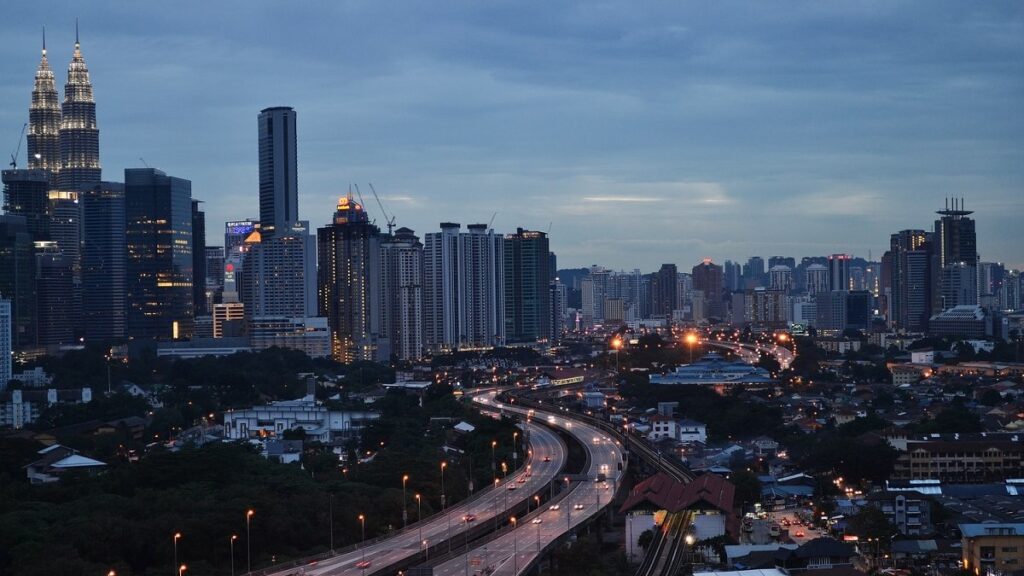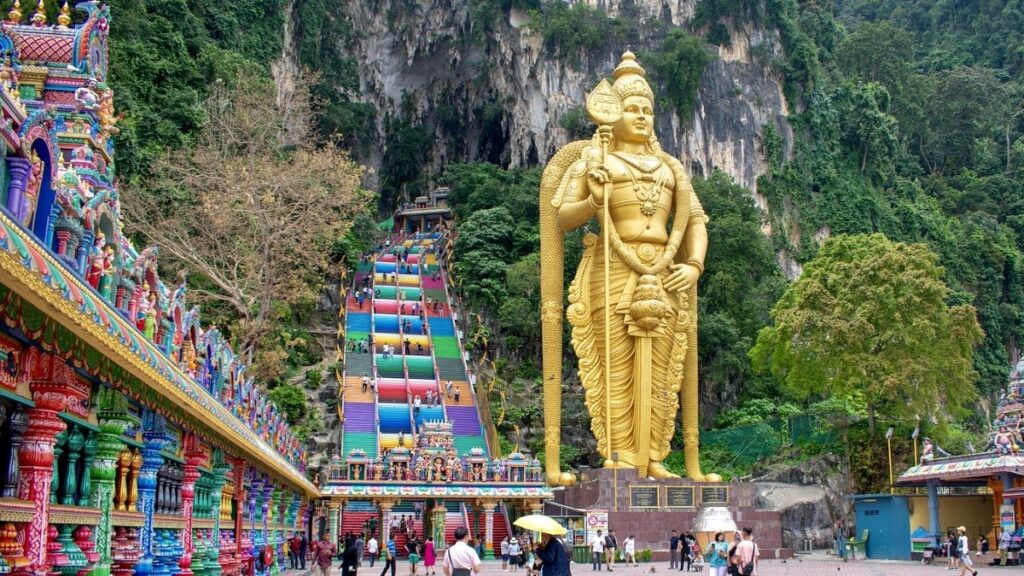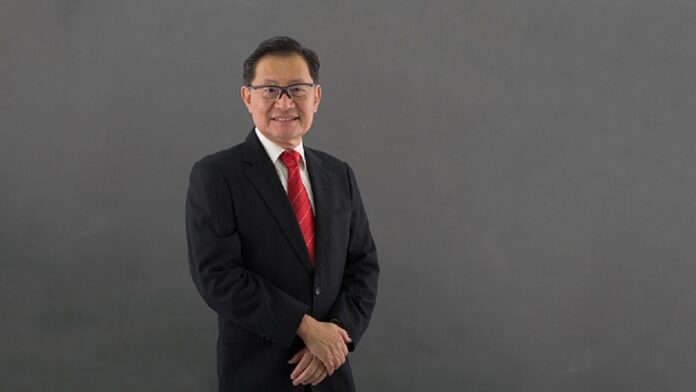Professor Dato’ Dr. Victor Wee from Taylor’s University shares his insights around travel after COVID-19 pandemic and travel restrictions.
With the rapid rollout of vaccination averaging half a million per day, Malaysia’s vaccination rate has reached 68.8 per cent of the adult population by early September, bringing the country close to herd immunity. The region with the highest number of vaccines administered occurred in the Klang Valley with 6.94 million individuals or 82% of its total population having received the first dose. About 71 per cent of its population received double vaccines.
READ MORE: We developed this Malaysia travel guide for your benefit
Although the infection and hospitalisation numbers remain high, hospitalisation has largely been for those unvaccinated. New infection numbers could start to fall substantially as the rate of vaccination increases and herd immunity is achieved.

Although the infection and hospitalization numbers remain high, hospitalisation has largely been for those unvaccinated. But there are also breakthroughs by the Delta variant for those vaccinated. The surge of cases among countries with high vaccination rates appears to be cast doubt on the zero-cases approach.
The economic costs from Covid-19 lockdowns and exhaustion among the population have given rise to the shift in approach for some Southeast Asia countries by treating Covid-19 as endemic. Malaysia along with Singapore, Thailand and Indonesia has started to adopt the strategy of learning to live with the virus.
The rise of domestic travel
Restrictions will be eased in areas that see an improvement in the Covid situation, and business and travel will slowly begin to pick up. Domestic travel is expected to be the first to take off as people look forward to spending meaningful time with family and friends. They travel to familiar destinations and undertake flexible travel as more work from home.


Although it is still uncertain when tourism will flow across the ASEAN countries, short-haul regional travel will ensue first before medium-haul international travel with the improvement in the Covid-19 situation among countries. Travellers look for safety and flexibility in their travel arrangements where their bookings are protected from changes in travel policies and restrictions that can occur on short notice.
Tourism organisations should focus their early marketing efforts to incentivize domestic travel and encourage Malaysians to explore nearby destinations. The national and local government authorities should not overlook the importance of focusing on environmental protection and upgrading the quality and experience of eco-tourism destinations and beach and island resorts.
With the pocket facing financial constraints, there is the temptation for people to place more importance on value for money over ethical considerations. But we should not overlook the importance of sustainability that has become a crucial part of travel.
Are travel restrictions the best way forward?
There should be close coordination among governments at the international level and between the government with the private sector to harmonise the lifting of travel restrictions and facilitate movements across national boundaries. Travel destinations want to be assured that all incoming travellers have undergone health testing and vaccination to avoid imported COVID cases.
Some form of mutually accepted digital health certification will be required to enable people to travel seamlessly in their own country and abroad and for governments to reopen borders without quarantine requirements.
To win the confidence of international tourists, the Malaysian tourism authorities would need to work with the tourism service providers by going through the entire value chain to raise the standards of service, safety and hygiene, reliability, and trust.
READ MORE: We discuss travel restrictions and how travel will really change
The Clean and Safe Certification promoted among Malaysian hotels to elevate cleanliness standards and hospitality norms and behaviour to meet the new health and safety challenges will shore up confidence among guests.
The Safe Business Events Venue Certification to create a safe and secure event venue is a necessary precondition for the MICE industry to pick up. Tourism players should use enhanced technologies to provide a seamless and contactless end-to-end travel experience.
After COVID-19, travellers are expected to migrate to quality by travelling less but better. Travel agents and operators must know their destinations well to offer this value-added service. Travel companies that invest money into research can give unbiased information about a destination. The businesses that have a long-term relationship with their customers and can anticipate their requirements will be at an advantage.
Contributed by Professor Dato’ Dr. Victor Wee, Professor, School of Hospitality, Tourism and Events Management, Faculty of Social Sciences & Leisure Management, Taylor’s University

